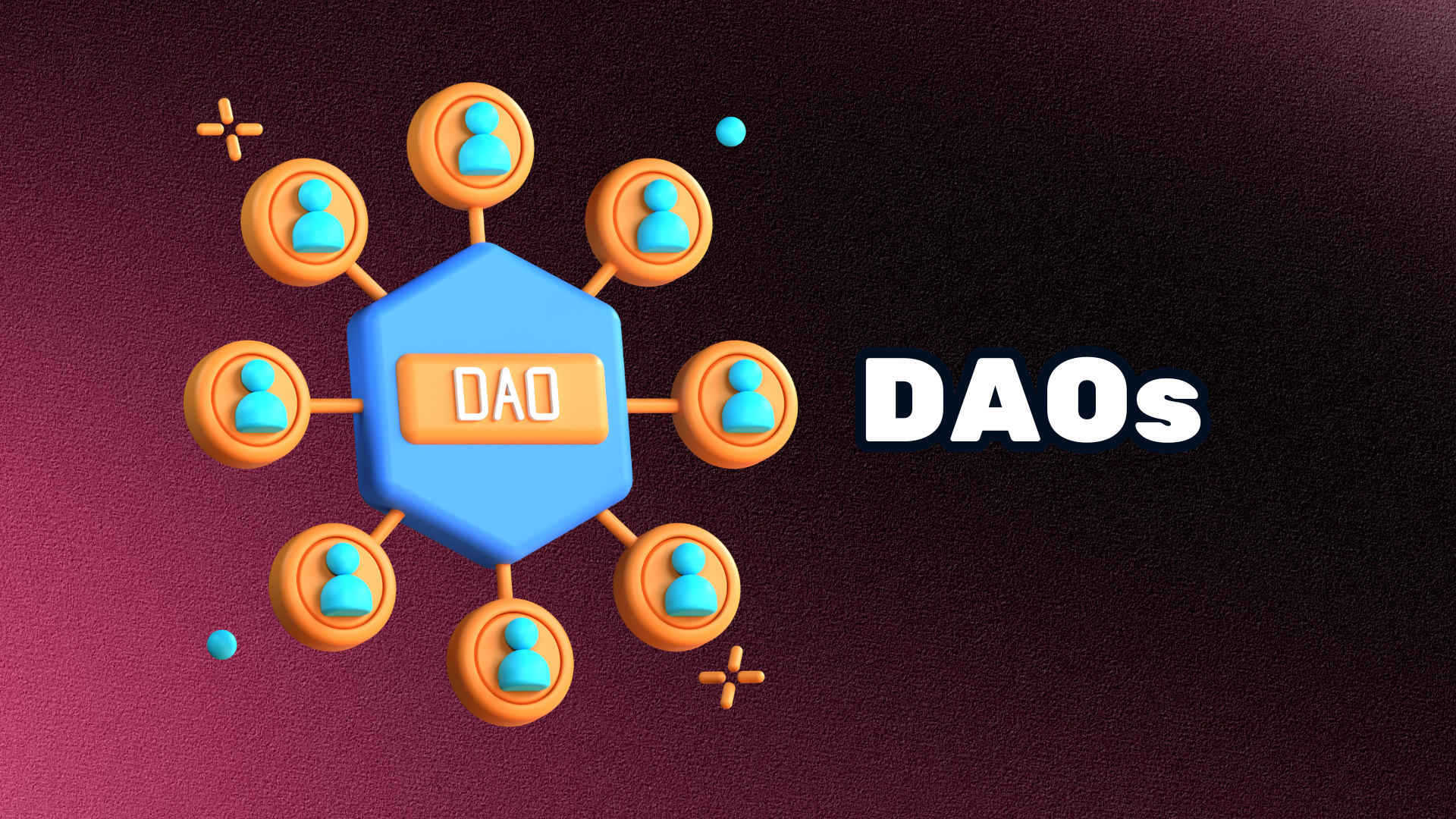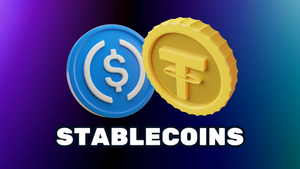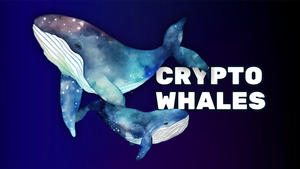In Web3, even governance can be decentralized. This shift changes how project decisions are made, moving away from traditional hierarchies toward more open and transparent systems.
What is a DAO?
A decentralized autonomous organization (DAO) is a blockchain-based organization where decisions are made collectively by its members rather than a central authority. It operates transparently, allowing participants to vote on proposals and shape the organization’s direction.
How do DAOs work?
Traditional organizations rely on executives and boards to make decisions. In contrast, DAOs run on smart contracts, which are self-executing code that automates rules and processes. These contracts are stored on a blockchain, making the system decentralized and tamper-proof.
READ ALSO: Web3: The Decentralized Internet
DAO Governance Tokens
DAO decision-making depends on member votes made during a certain period. Across several DAOs, unique cryptocurrencies called governance tokens help facilitate this process.
Upon formation, DAO founders usually create and launch governance tokens, which are initially distributed to users, management, and other project stakeholders. These assets allow their holders to become members of a DAO and to obtain voting power. In several cases, the more governance tokens a person holds, the greater their voting power. These tokens can also be bought and sold on cryptocurrency markets.
DAO Shares
Not all DAOs use governance tokens. Some operate on a share-based system where membership requires a proposal and contribution (e.g. cryptocurrency like ETH or DAI). These DAOs are more selective, as new members must be approved. Share-based DAOs offer a single token representing ownership and voting rights, which members can redeem for a portion of the DAO’s treasury if they leave.
The Rise of DAOs
DAOs offer a new way to manage organizations, removing central authority and giving power to the community. As they gain traction, they are shaping the future of decentralized decision-making across the Web3 ecosystem.
Frequently Asked Questions (FAQ)
What is the role of a DAO?
A DAO enables collective decision-making by giving voting rights to its members. Token holders influence the organization’s direction and operations.
What is the purpose of a governance token in a DAO?
Across several DAOs, a governance token grants voting power. The more tokens a person holds, the stronger their influence in decision-making.
What is an example of a DAO?
A well-known example of a DAO in action is MakerDAO, which manages the DAI stablecoin. Another example is MolochDAO, which is a share-based DAO where new numbers must submit a proposal and gain approval.
SUGGESTED ARTICLE: What is the Difference Between Proof of Work (PoW) and Proof of Stake (PoS)?









